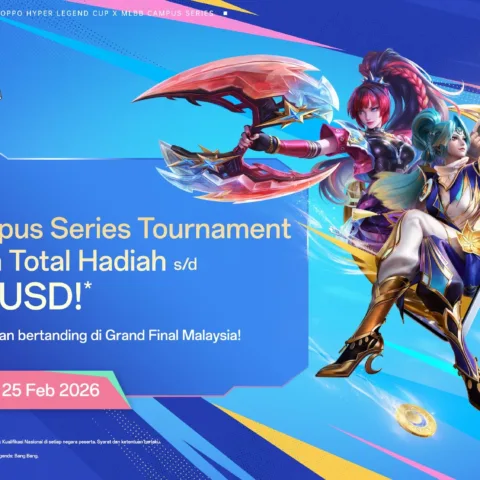On April 26-27, DailySocial, Southeast Asia Technology Transparency Initiative (SEATTI), World Wide Web Foundation (WWWF), and the government of Jakarta, held HackJak, a 24 hour competition challenging software developers in Indonesia to create software-based solutions to assist in solving the issues plaguing Jakarta. The city, as well as the central government through UKP4, provided data sets for developers to build upon. The event attracted 200 registrants with over 50 solutions offered.
According to Dody Priambodo of SEATTI, the event drew far more interest than they initially expected which meant that there were a little more work that needed to be done to organize the event. DailySocial’s head of marketing Rahmat Harlyadi said following the conclusion of HackJak that while it may be a problem, it’s a good problem to have. The strong interest, which forced event registration to close after only four days, also meant that developers are keen on tackling Jakarta’s problems.
Having the event held during an election year also played a strong part in tapping into people’s awareness of social and political issues which form the core of the challenges presented to the developers. With Indonesia being one of the founding countries and current chair of the Open Government Partnership, what better way than to engage software developers to create tools based on government data with which the public can study and scrutinize government activities?
“When the Jakarta provincial government, through [deputy governor] Pak Ahok, declared itself an open government with open data last November, we took it as an opportunity for us to approach them about this hackathon”, said Shita Laksmi, program manager at SEATTI.
One of the biggest challenges with open data according to Laksmi is actually using it in a meaningful and useful way. There’s no point in making it available when nobody knows it’s there or how to use it properly. The hackathon, she said, is only the first step in recognizing the initiative and SEATTI has been in talks with the provincial government to find ways to improve government operations through the use of open data and the policy of open government.
Laksmi believes that when the public is involved in keeping the government under scrutiny, it creates a more responsible government which pays closer attention to how it operates, makes sure that its activities are well documented and budgeted, and finds ways to be more efficient and effective in serving its people.
SEATTI is eager to have this program replicated and repeated across the country as it paves the way for better and more responsible governance but it requires full cooperation from partners, not the least of which would be the local governments themselves.
It is obviously in the public interest to have an accountable government so support from the top is essential, without which the program would face serious challenges in its implementation. Given that Jakarta’s governor and his deputy are adamant in running an open and honest government, on top of the fact that the office of the Indonesian President has a unit in charge of government oversight, it wasn’t a difficult pitch for SEATTI to run this program in Indonesia’s capital.





